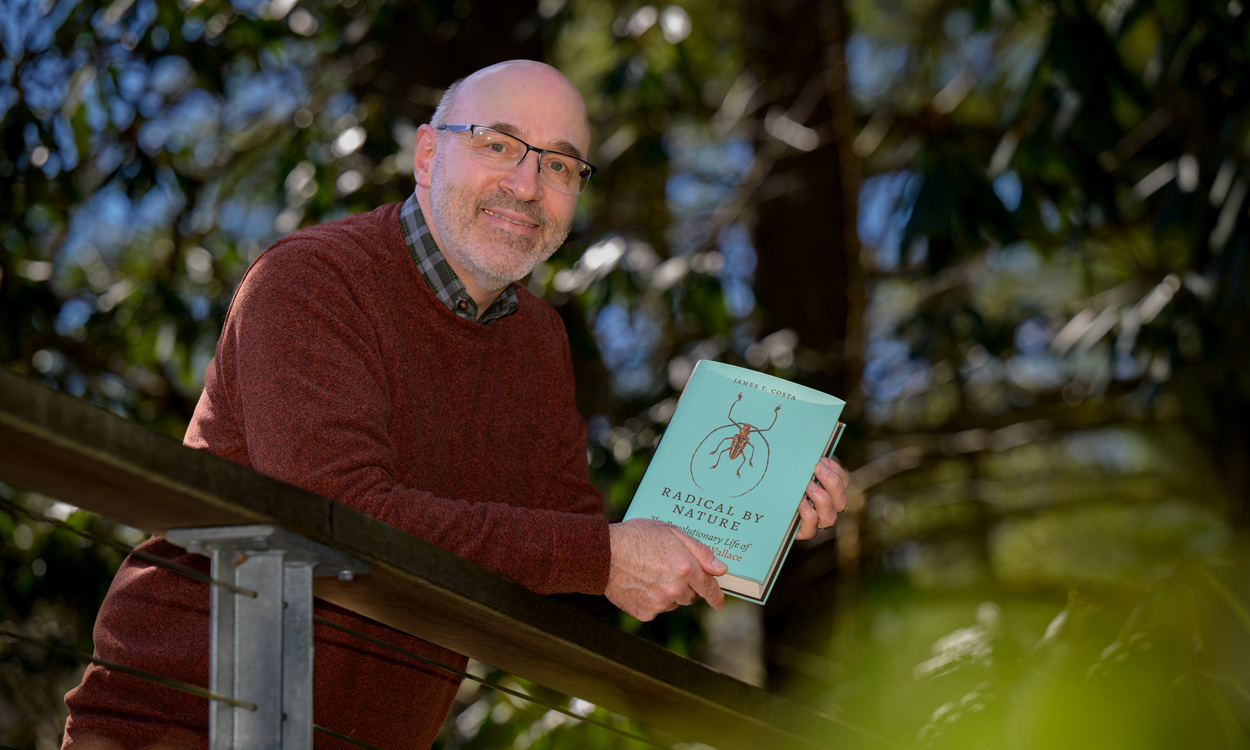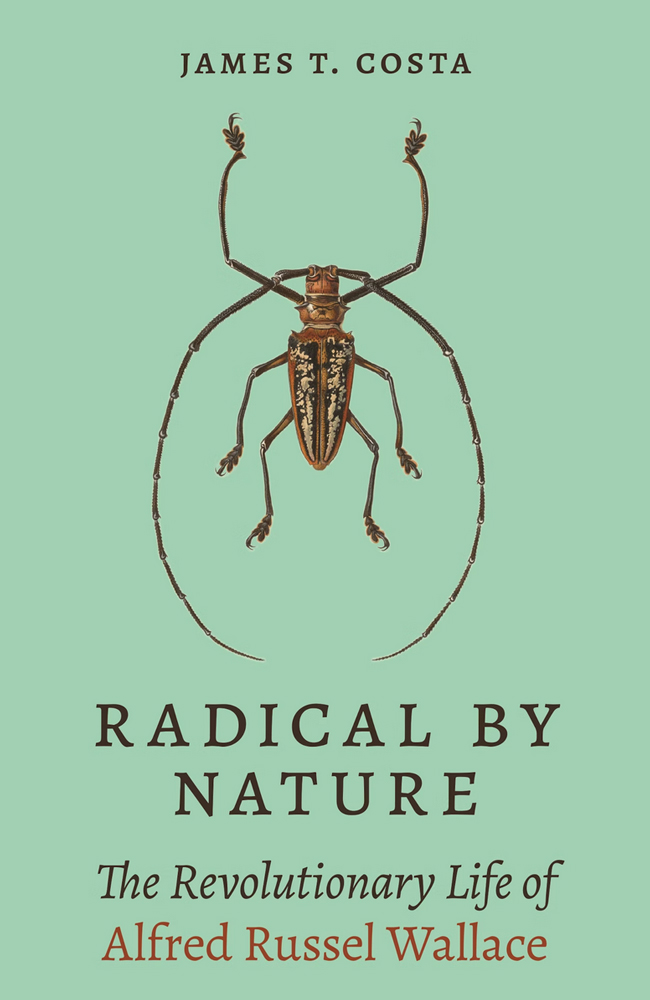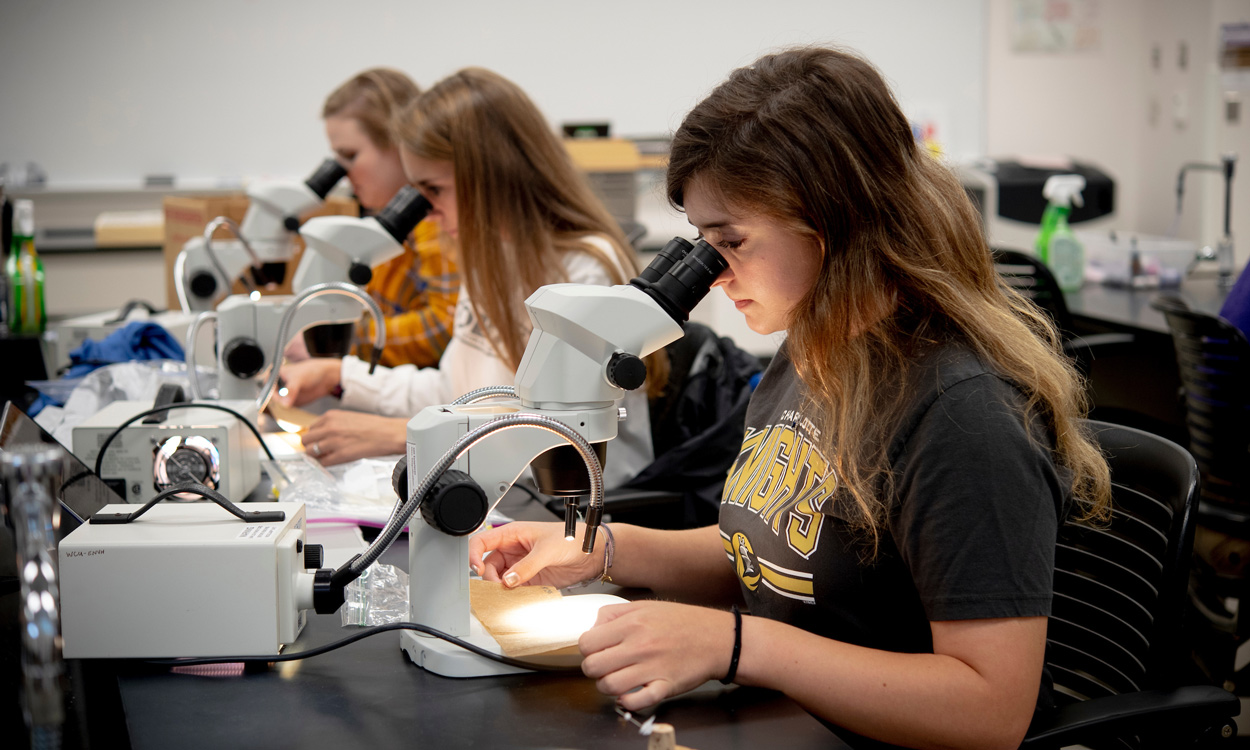Jim Costa publishes book celebrating work of scientist and humanitarian Alfred Russel Wallace

Jim Costa
By Julia Duvall
In high school and college biology courses, it is very likely that discussions surrounding the work of Charles Darwin will occur, but it is unlikely that students will discuss another scientist whose work was arguably just as important.
Victorian era scientist Alfred Russel Wallace co-discovered natural selection and founded the discipline of evolutionary biogeography through his expeditions in South America and southeast Asia, discovering thousands of species new to science and publishing dozens of papers, many considered landmark works today.
Jim Costa, executive director of Western Carolina University’s Highlands Biological Station, located in Highlands, set out to showcase the life of Wallace and celebrate the great works that he contributed as well as his activism that lasted until his death at age 90 in 1913 in his recently published book.
In Costa’s book, “Radical by Nature – The Revolutionary Life of Alfred Russel Wallace,” he dives into scholarly research, journals, notebooks and letters to help bring Wallace’s fascinating history to life.

“The kudos tend to go to the first discoverers, such as Darwin,” Costa said.
But Wallace was right there on the same intellectual path as Darwin, independently pursuing the question of species origins and discovering natural selection. “Wallace was a self-taught, brilliant explorer and a textbook example of a socially engaged scientist,” Costa said.
In addition to his scientific endeavors, Wallace was passionate about social issues such as women’s suffrage, labor reform and land reform.
“Wallace wrote over 20 books, some now considered classics of biology and others treating topics such as economic reform, spiritualism and related subjects unpopular at the time that he was passionate about,” Costa said. “I also look at his complicated relationship with Darwin and how, despite their differences, the two were friends and really mutually supportive of one another's work."
When asked why Costa thought releasing a book on Wallace was significant at this time, he said that the 2013 centennial of Wallace's passing generated a wave of new scholarship and resources such as the Wallace Correspondence Project, so the 2023 centennial of Wallace’s birth was the perfect time to draw on new material and highlight this remarkable scientist for a new generation to appreciate and study.
“Wallace pursued bold and radical ideas that caused a seismic shift in the natural sciences,” Costa said. “He was courageous in not only his areas of scientific study, but in his advocacy, and deserves to be celebrated.”
Costa’s book, which has already garnered starred reviews from Kirkus and Foreword Reviews, has just been published by Princeton University Press and is available from all major booksellers.

